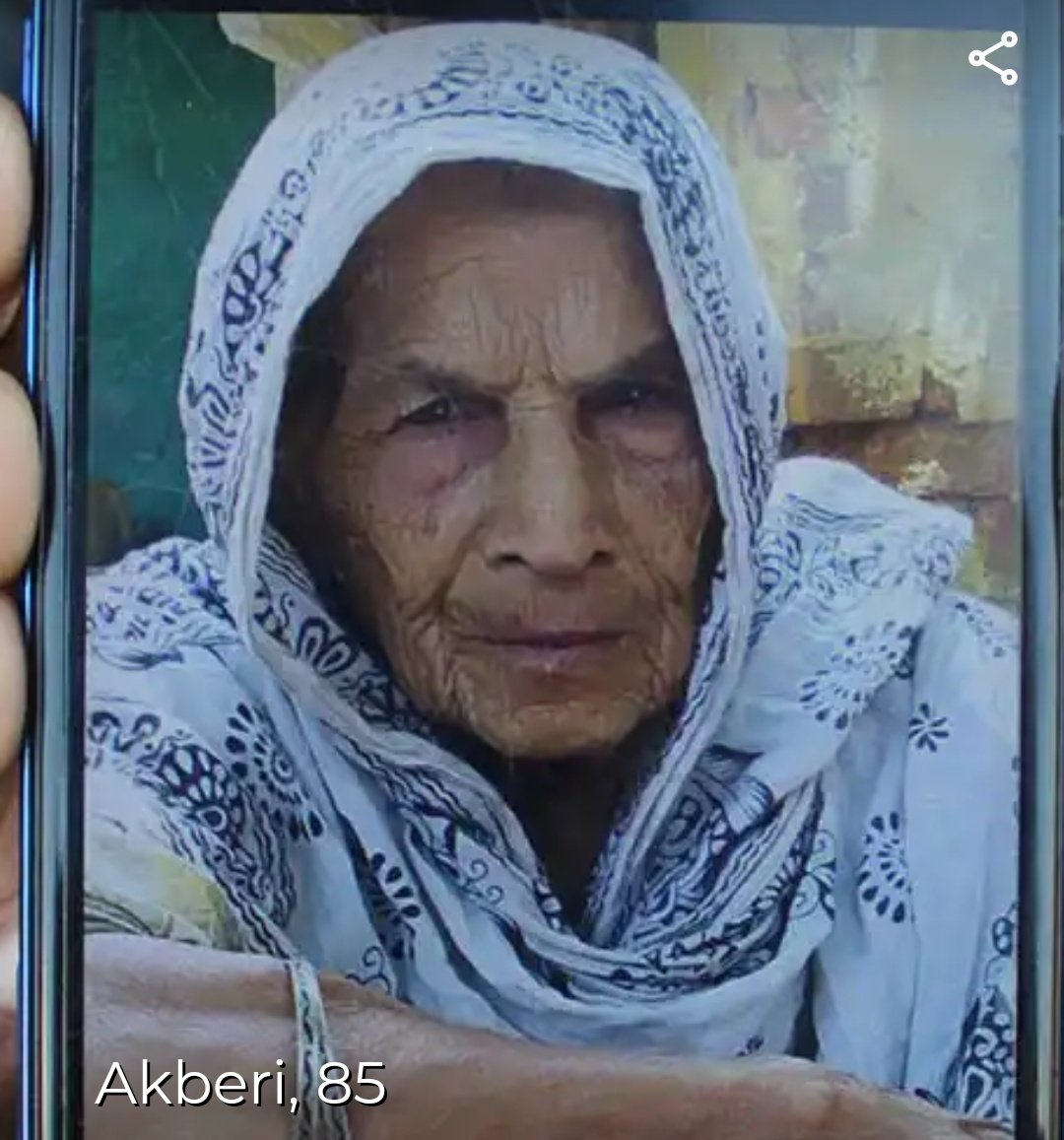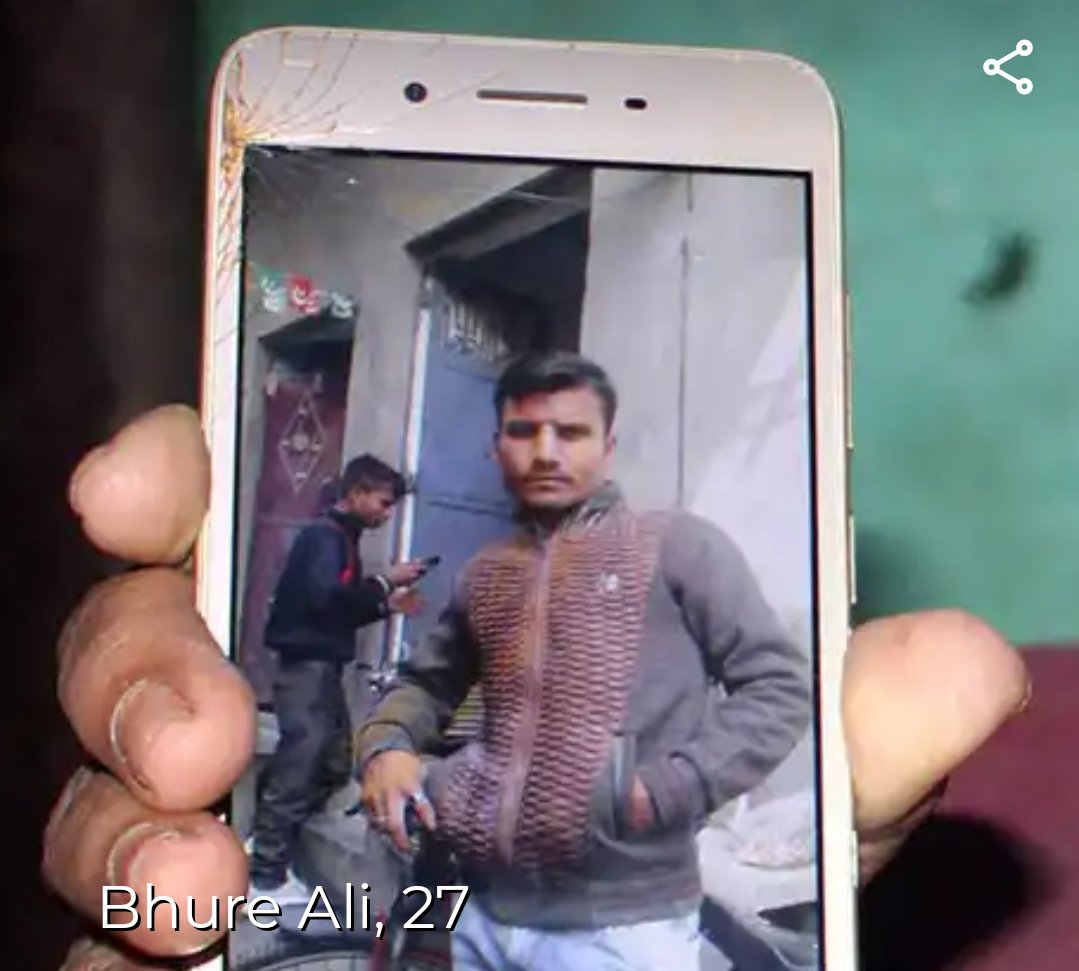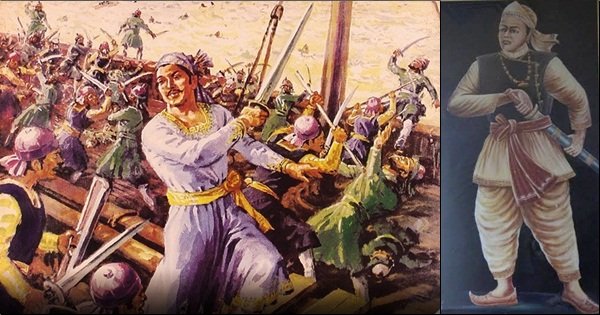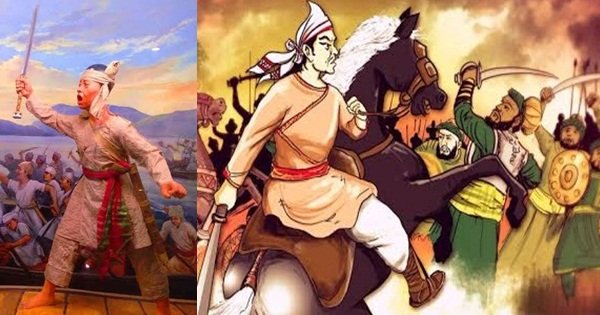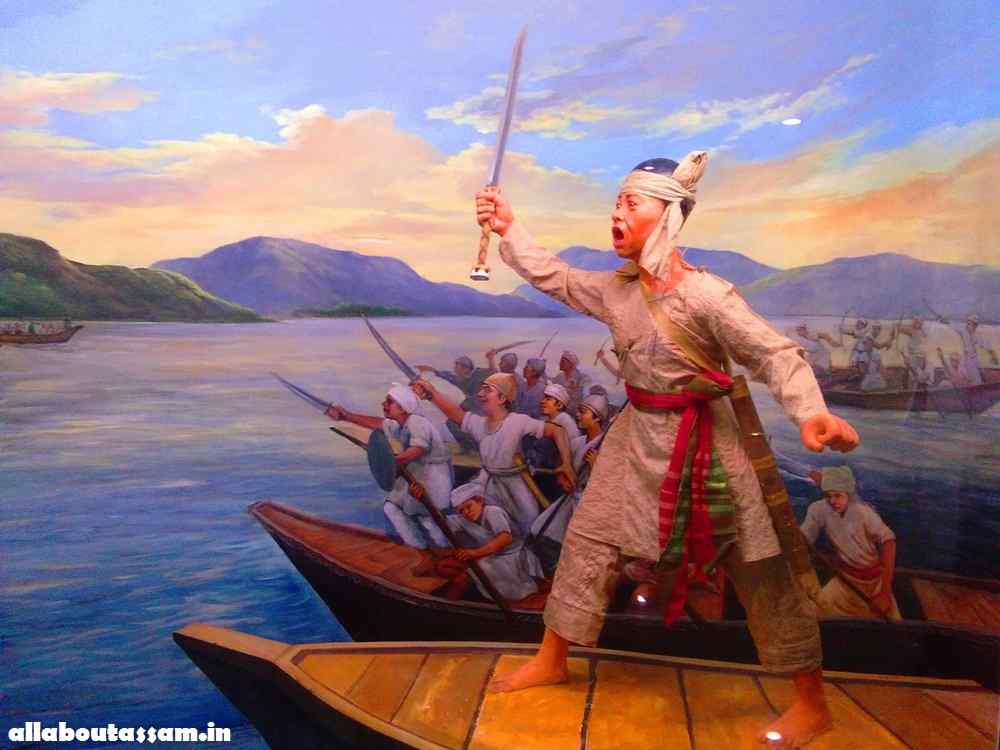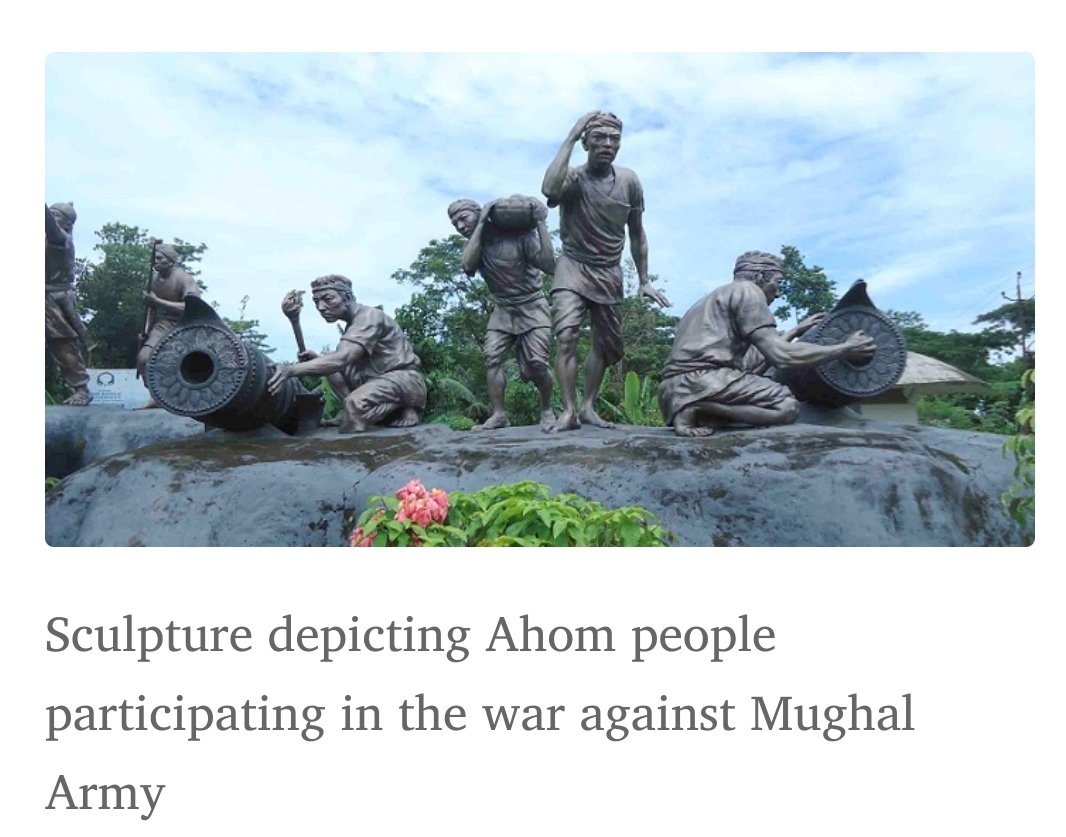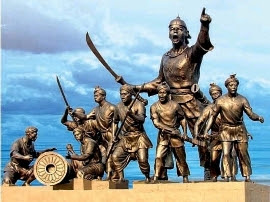The oldest v¡ctim of Delhi v¡olence, Akberi d¡ed on February 26 after her house in Gamri village was set on fire, her son Mohammad Saeed Salmani told Al Jazeera. Salmani operated a garments workshop on the first two floors of his house.
Ashfaq, who ran an electrical shop in Chand Bagh, was killed in closeby Brijpuri at around 6pm on February 24. He had five bull€t ¡njuries on his body, his family told Al Jazeera. Ashfaq got married only 10 days earlier on February 14.
A resident of Hapur district in the northern state of Uttar Pradesh, Sulaiman worked as a labourer in NE Delhi's Karawal Nagar area. On February 25, he left for work but never came back. His body was identified days later by his family in the mortuary of a government-run hospital
Musharraf, also a labourer, lived in Mustafabad. His family alleged he was dragged by a H¡ndu m0b from their home and b€aten to d€ath. He is survived by his wife, two daughters and a son.
Shaban, a welder by profession, originally belonged to U.P was living in Mustafabad. On Feb 24, he left home to get a welding machine from a contact in Chand Bagh area, but never returned. His family looked for him for 3 days. Their search ended at GTB Hospital mortuary on Feb 28
Mubarak had come to New Delhi from Madhubani district in Bihar more than two decades ago and worked as a labourer in Maujpur area. On February 25, he was hit by a bull€t in his chest and d¡ed on the spot.
Monis hailed from UP & had been living in Mustafabad for nearly a decade. A daily-wage labourer, stepped out of his home on Feb 25. Around 4pm, he told his cousin he is on his way home. he never reached his home while his family searched His body was found in a mortuary on Feb 28
Mohsin used to rent & repair electrical generators from his shop. He got married in Dec. & lived with his wife & younger brother in U.P's Noida. As r¡ots began on Feb 25, he received a call on renting a generator for a wedding in NE Delhi. His charred car was found the next day.
Mehtab, a resident of Brijpuri, had gone out to buy his grocery on Feb 25. While returning back, he saw that the iron gate in his lane was locked and decided to take another lane. But he was attacked by r¡oters and later succumbed to his ¡njuries.
Aqil, who worked in a car workshop, left for work on Feb 26. When he didn't return home that evening, his anx¡ous family searched for him, a search that lasted 3 days before they found him d€ad in the GTB Hospital mortuary.
The 2 brothers were k¡lled on the evening of Feb 26 when they were returning to their home in Mustafabad from U.P . "They were returning home from their grandmother's house after Ajit doval visited the area & assured people that the situation was under control," said their father
Their bodies and the bu®nt motorcycle were found by police in a canal on February 27. Aamir, a father of two daughters aged seven and three, worked as a scrap dealer while Hashim worked in a garments factory.
Mudasir was also a scrap dealer in Mustafabad. On Feb 24, he left home for work but did not return. His family received a call from him in the evening, in which he said he had decided to stay in the neighbouring Kabir Nagar due to the v¡olence.
Next day, as he was on his way home, stone p€lting started near Kardampuri and someone sh0t him in the head, his father Haji Mohammad Yaseen told Al Jazeera. Khan is survived by his wife and eight daughters.
Saifi was attacked when he was offering his prayers & was rushed to a local nursing home where doctors told that he should be taken to a better place for treatment. In the absence of any vehicle, his family took him on a cot to Hospital where doctors declared him brought d€ad.
Salman lived in Alvi Nagar and worked as a tailor in Mustafabad. On his way home on Feb 24, he was caught by a mob in Shiv Vihar and sh0t in the head. He was on a ventilator when his family found him in the GTB Hospital where he breathed his last a couple of days later.
A resident of Mustafabad, Aqib was a Ragpicker. On Feb 26, he was atta©ked by r¡oters in Bhajanpura & was in the GTB Hospital for a week. He di€d on March 2. The attacke®s b€at him on his head. his father told that he had taken money from him to buy new clothes.
Hamza, who was staying with his sister's family in Mustafabad to work in an eatery, went missing on Feb 26. The search for Hamza ended at the hospital's mortuary on March 5. Hamza's family said his body was found in a canal in the area with several ¡njuries in the head.
On February 26, Ali, a resident of Loni's Raghunath Colony, left home at 9AM for work. When he did not return home in the evening, They searched for him for almost a week before they identified his body in Ram Manohar Hospital on March 3. Ali was a father of 2 sons aged 8 & 6
Parvez, a social worker, was sh0t right outside his house on February 25. On Feb. 25, he was shot in the back a few metres away from his house, when he was trying to talk to people. He was rushed on a scooty to the GTB Hospital, where he succumbed to his injuries.
Maroof had 2 children, a 9yo daughter & a 6yo son, & ran an electrical appliances shop. He, along with his neighbourhood residents were protecting from a m0b . A bullet hit Maroof in his right eye. Two hours later, he breathed his last at Lok Nayak Jai Prakash Narayan Hospital.
Ayub, a ragpicker, lived in Loni's Colony with his 18 yo son, Salman. The Delhi v¡olence had forced them to stay home. But on Feb 28, Ayub told Salman he could not stay home any longer & went out in search of work.
He was atta©ked by a m0b that forced him to chant Ja! Shre€ ®am & was brought home by 2 men. Salman borrowed Rs 500 from a neighbour to take his father to a nearby hospital, where the doctors referred him to the GTB Hospital. Ayub di€d before making it to the hospital
Faizan was a tailor and lived in Kardampuri. On the afternoon of February 24, he left his home. Hours later, he was among a few men lying wounded on the road as police officers forced them to chant the national anthem. +++
